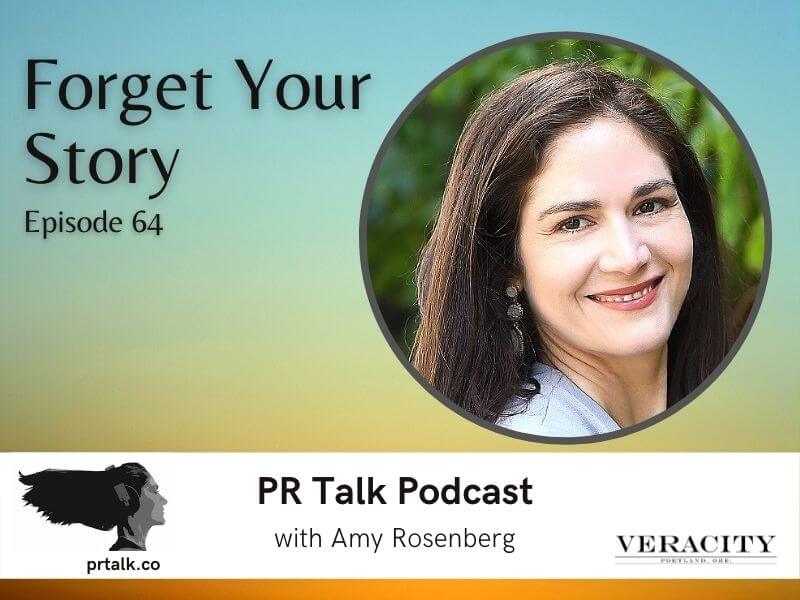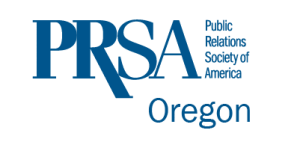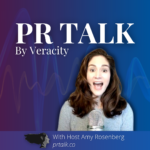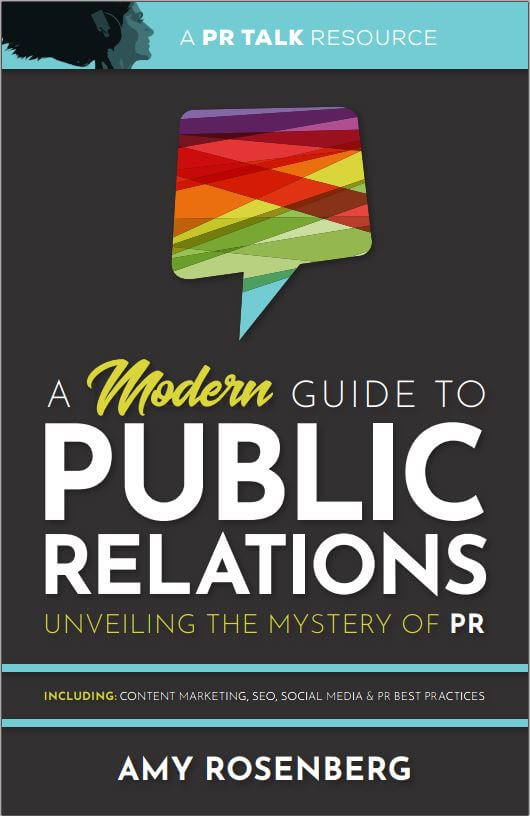We Challenge You to “Forget Your Story”
Wait, what?!? If you’ve come up in the PR world like me, the idea of “the story” has been ingrained into you from before the time you picked up your first AP Style Guide. In fact, it is so pervasive that Mike pointed out our website has “What’s Your Story” written all over it. I must have written that unoriginal website copy in a stint of boredom before launching into a book in which the second chapter is titled “Forget Your Story.”
In this episode of PR Talk, Mike and I talk about what it means to “Forget Your Story.” Mike was a bit flabbergasted by this concept at first, wondering how marketers can do anything without story-telling, which is the foundation of the human language.
I’m not suggesting people completely forget who they are and stop honing their stories. This bold statement is meant to light a fire under people who can get too hung up on the stories before getting any real work done. For me, the classic media relations style of PR is about getting results. I can create the prettiest press kit, have the best connections and manufacture the slickest “story” but if I’m not getting any press coverage (results), then what is the point to all that hustle?
Instead of doing all that busy-work first, I’m offering a new way that literally approaches things backwards — providing the instant gratification of immediate results. Just forget your story right now while you get your first nuggets of press coverage. Trying to uncover your story’s nuances before getting started can waste a lot of time. While I do love me some time-wasting, I cannot handle missed opportunities.
In this episode, I come to realize that this book is about doing. I am trying to get heads out of clouds and into action. The book — and accompanying PR Talk episodes — will walk you through how to get media coverage first and foremost. Along the way we might stumble upon your story if you can’t wait until the end when we do close with “Figuring Out Your Story.”
In order to get started, we challenge listeners to write down what is new in their organization. This is the beginning of your list of press release ideas. This is very different than a list of random ideas. I will say it again. Just list out what is new/happening in your organization. This will be converted into your press release list and possibly it’s the beginning of a PR timeline.
Just because I mention a press release list, you must not skip ahead to the section where I list the press release topics (this is a list I am working on of topics the press will actually cover because there’s no point to a press release if the press doesn’t pick it up).
If you are trying to be an A student (I see you. I know you. I am you.) and only want to include good things that the press might cover in your list, the best way to know what types of things the news might cover is to actually consume the news. My challenge for the A students is to set a time to consume news every day and……do it!!!…..For the rest of this working week….and then on Monday you can create the list of new things that are happening in your organization.
Until next time.
This episode of PR Talk is brought to you by PRSA Oregon
Throughout Oregon and Southwest Washington, PRSA provides members with networking, mentorship, skill building and professional development opportunities – whether you are a new professional fresh out of college or a skilled expert with 20 years in the industry. Check out PRSAoregon.org for more information on how membership can help you grow and connect.










